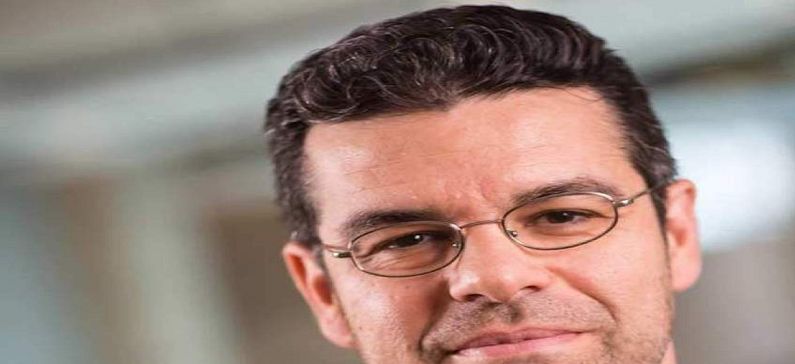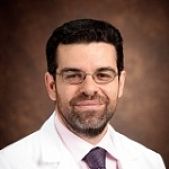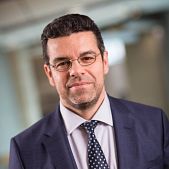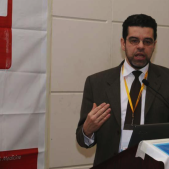
Among the top 27 cardiologists in the USA
Stavros G. Drakos is an Associate Professor of Cardiology with Tenure, Co-Chief Heart Failure and Transplant Section, Medical Director of the Mechanical Circulatory Support (MCS) Program, University of Utah. He is also a Nora Eccles Treadwell Scholar and Director of Cardiovascular Research for the Division of Cardiovascular Medicine.
The 46-year-old doctor, who comes from Kyrenia, is one of the 27 cardiologists across the USA being recognized by Forbes as an exemplary physician in the field of cardiology. The Forbes list was generated via a partnership with Grand Rounds, whose mission is to connect patients with the highest quality care available to them. Grand Rounds’ matching algorithm connects patients with physicians uniquely qualified to care for their specific clinical need. Grand Rounds’ algorithm includes physician quality data on 96% of practicing physicians in the U.S.
“I did not expect such a distinction” Drakos states to the Greek newspaper “Kathimerini”.
Dr. Drakos trained in prestigious North American and European academic medical centers. He graduated from University of Athens in 1997. After completing Fellowships in (a) General Cardiology, University of Athens, (b) Heart Failure/Transplant/Cardiac Mechanical Support, University of Utah, (c) Harefield-UK Athens-GR Cardiac Recovery Program (HARP) and (d) Translational Research, University of Utah, Dr. Drakos joined the faculty at the University of Athens. Clinically, he leveraged his advanced HF training in the US and played a pivotal role in starting the first chronic MCS/Ventricular Assist Device (VAD) program in Greece. Academically, he focused his clinical research efforts on advancing the Harefield-UK Athens-GR Recovery Program (HARP) in collaboration with Sir Magdi Yacoub’s team, Harefield/Imperial College London. Five years later he was recruited back at the University of Utah and since 2008 he has been on the faculty at the Division of Cardiovascular Medicine.
The University of Utah, in 1982, became world-renowned, as surgeons transplanted the first permanent artificial heart into a 61-year-old patient named Barney Clark. Now, the artificial heart is placed next to one failing heart until the proper graft is found.
“For the placement of the artificial heart, a small incision is required in the existing one, so we were able to study patients’ cardiac tissues before and after treatment”, says Dr Drakos. The analysis revealed important information. “We were very pleased to see that in a minority of patients the failing heart recovered and by studying these human tissues we begin to understand the mechanisms of cardiac rehab,” Dr. Drakos explains. “Now, I’m focusing my research on finding medication to activate these mechanisms that make it possible for the heart to recover,” he adds.
Dr. Drakos is licensed to practice medicine both in the US and the European Union and is a member of several US and European medical associations. He has published original scientific work, generated both in the clinical arena and in his lab, which led to the establishment of the award-winning Utah Cardiac Recovery Program (UCAR).
He and his mentees have received over the years extensive medical research funding and several national and international competitive scientific Awards (NIH, AHA, ISHLT, HFSA, et al).
Dr. Drakos is also co-chair of the NIH/NHLBI Working Group on Cardiac Recovery and the Annual International Utah Cardiac Recovery Symposium.











Alexadra Touliatos
-23/12/2017 2:11 am
Συχγαρητηρια,ο Θεός μάζι σας να σας φωτιζει παντα,και σε ανώτερα!!!!!!!!!!!!!!